Asian Pacific Islander Desi American (APIDA) Community & Empowerment Program (ACE)
Contact Information:

Feel free to contact the coordinator, Peter Yang, to schedule an in-person or virtual appointment:
Peter N. Yang - APIDA Recruitment and Empowerment Coordinator
- Phone #: 612-659-6484
- Email: peter.yang@minneapolis.edu
- Contact us to visit the APIDA Community and Empowerment Center, H.1202.
- Kuv hais lus hmoob
- Visit Minneapolis College: The coordinator can provide campus tour for prospective students and family members from an APIDA cultural lens.
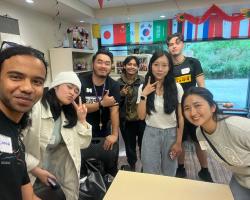
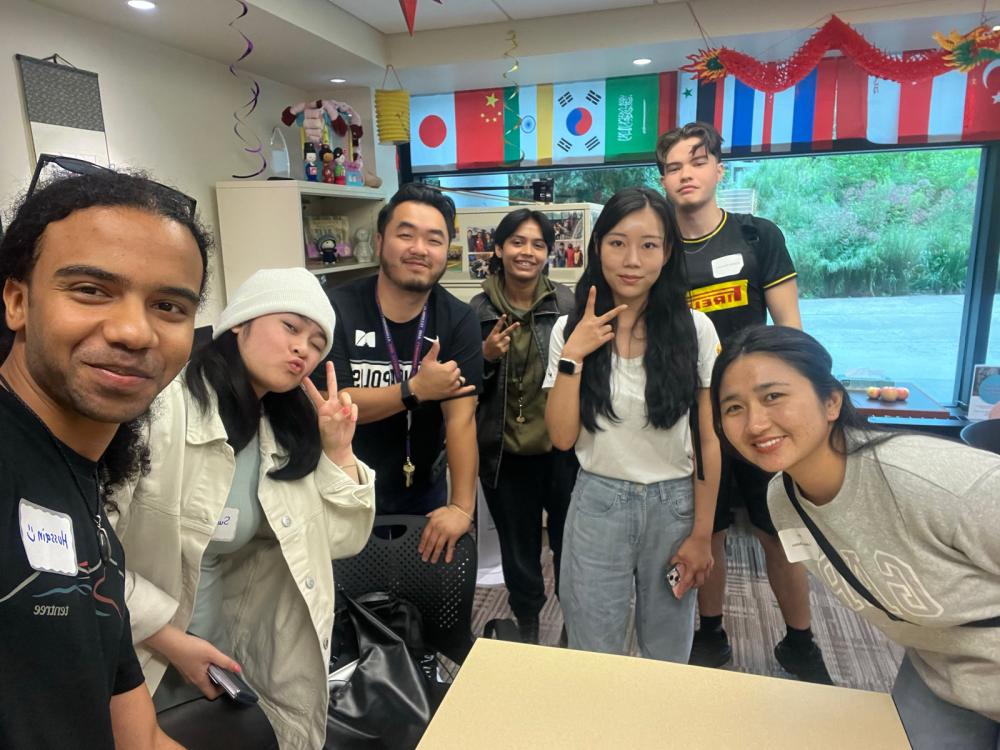
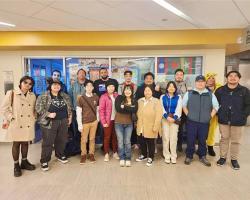
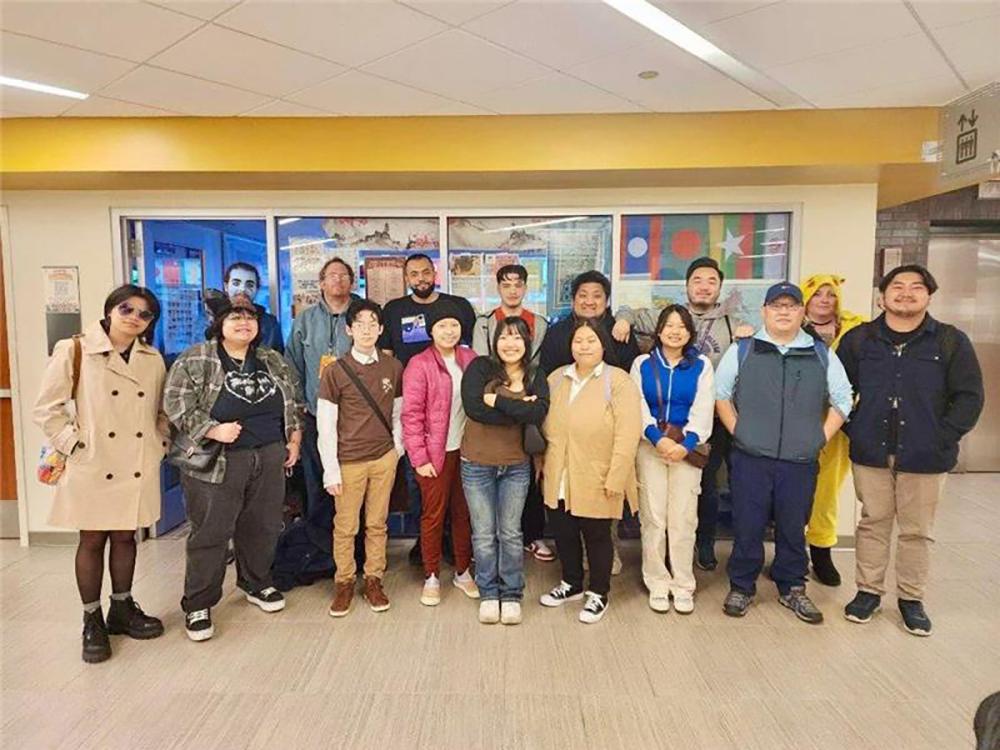
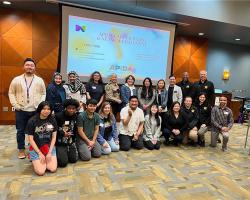
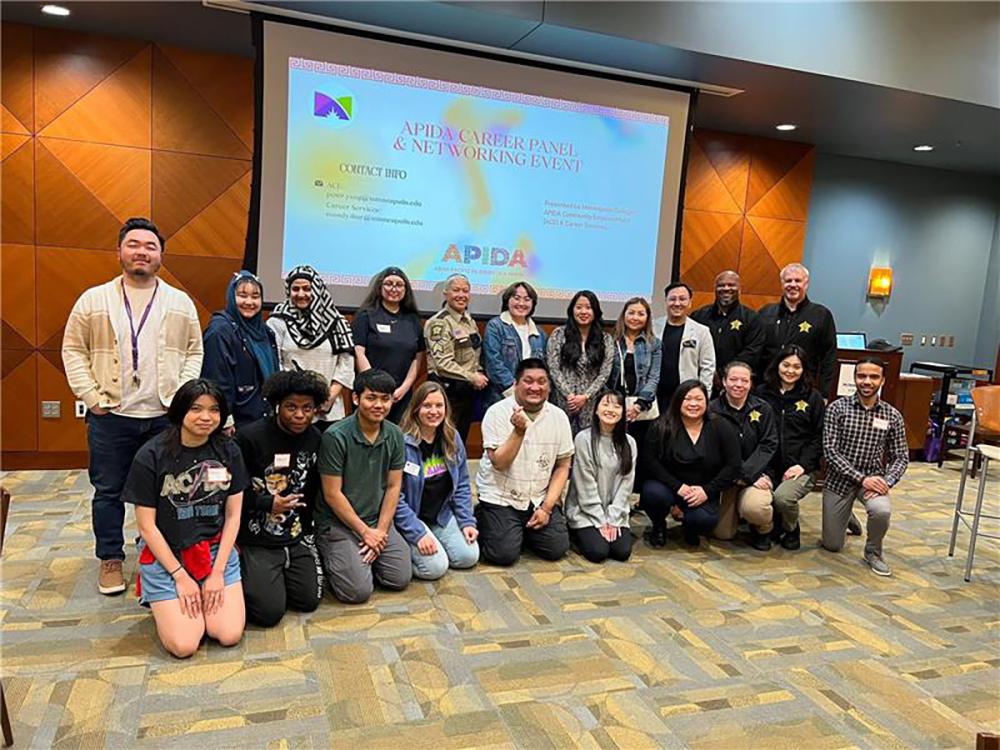
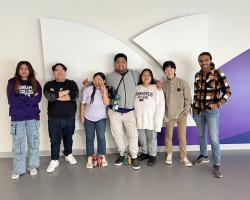
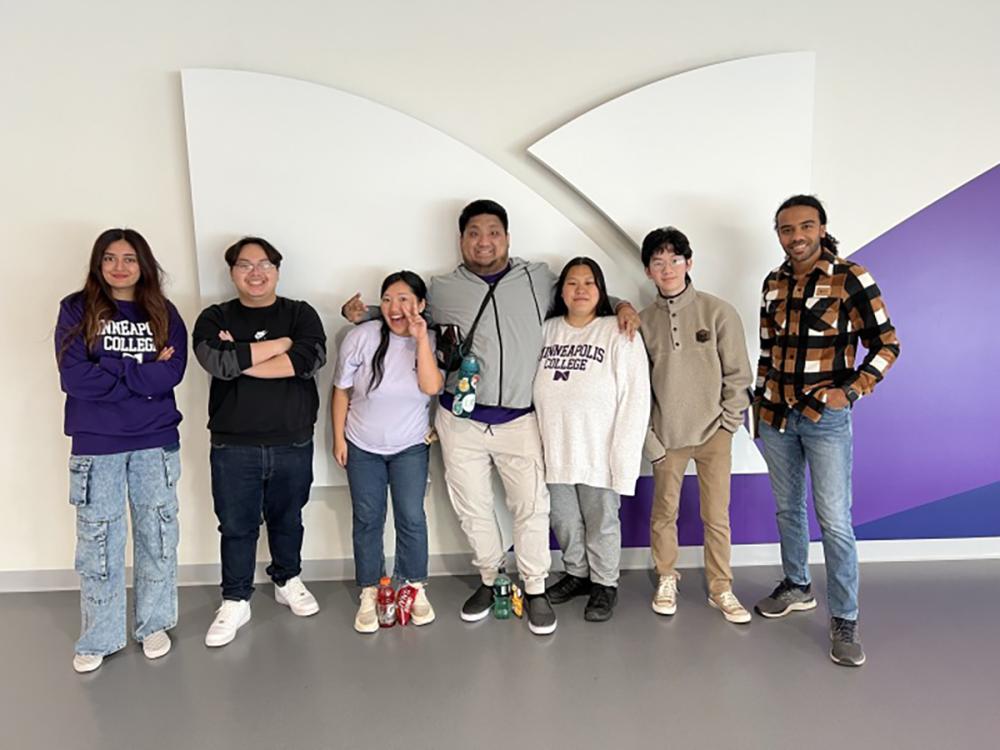
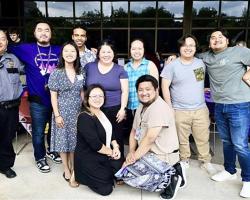
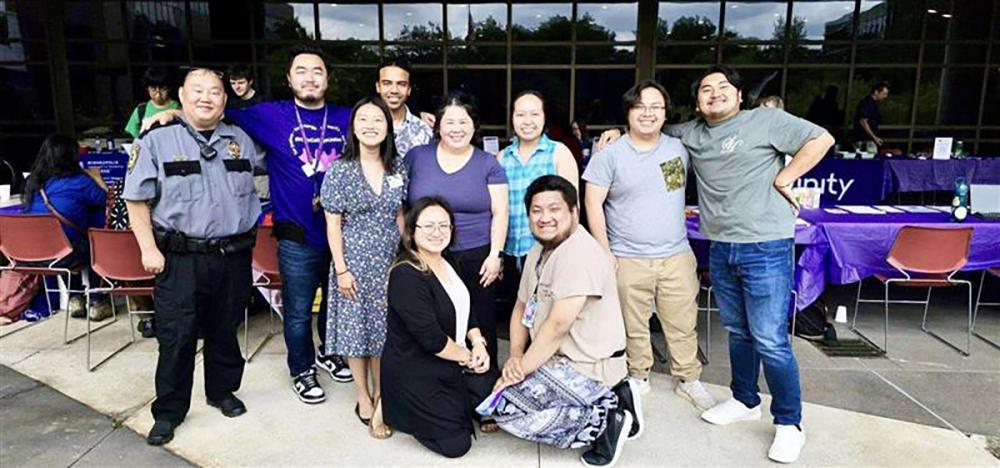
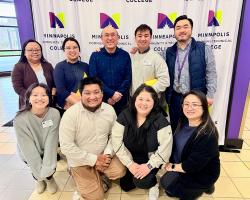
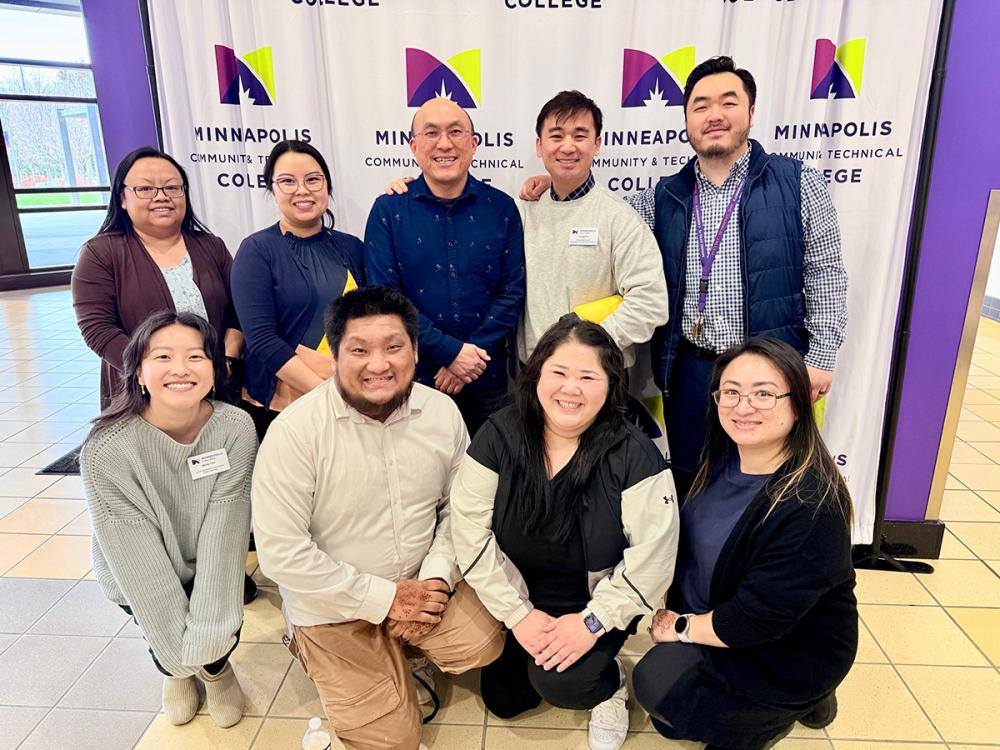
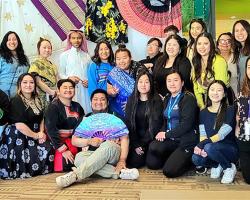
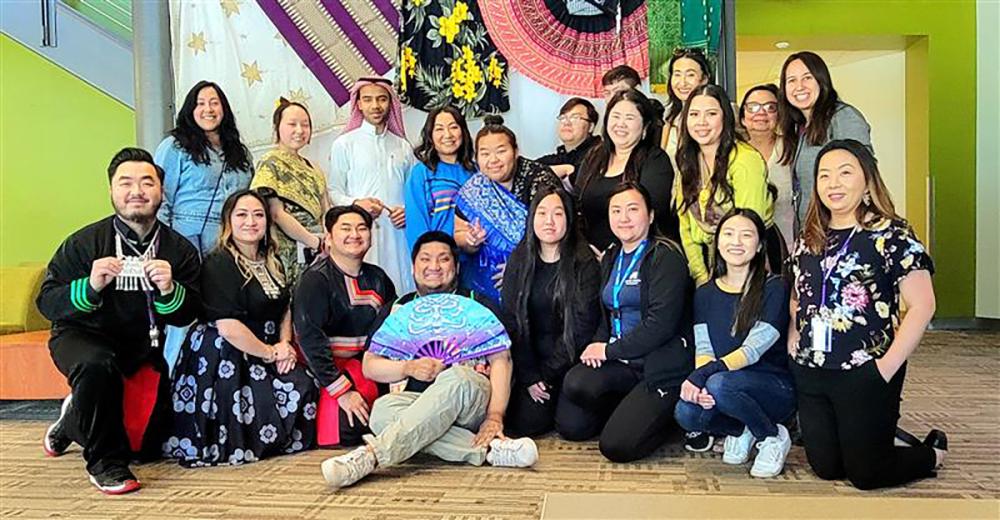
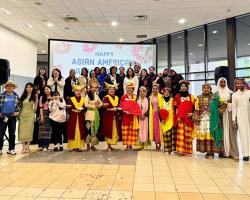
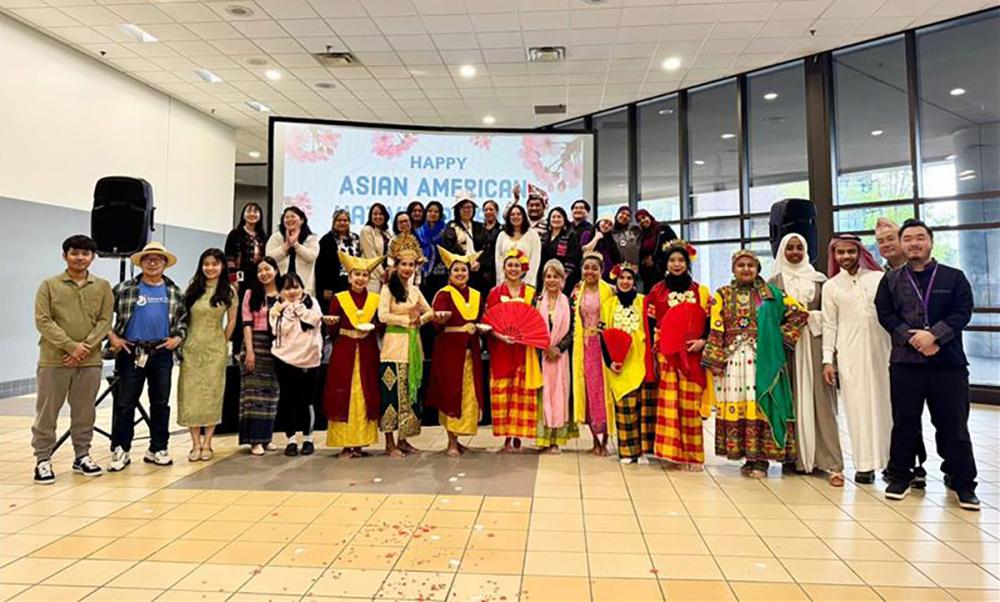
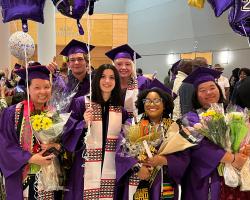
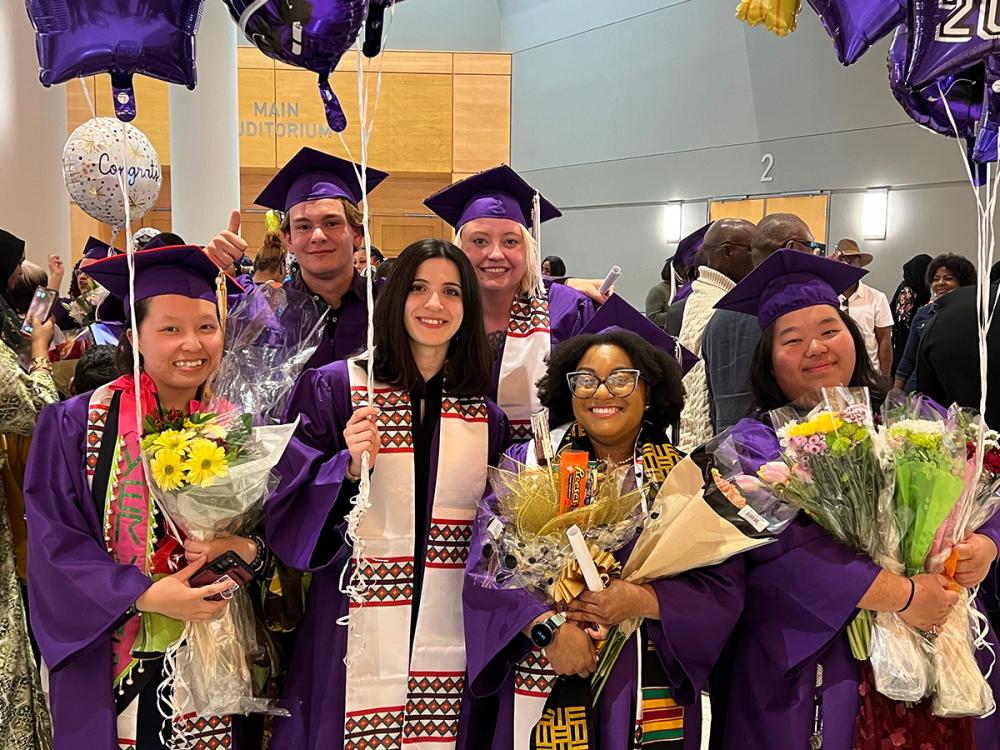
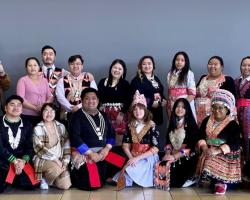
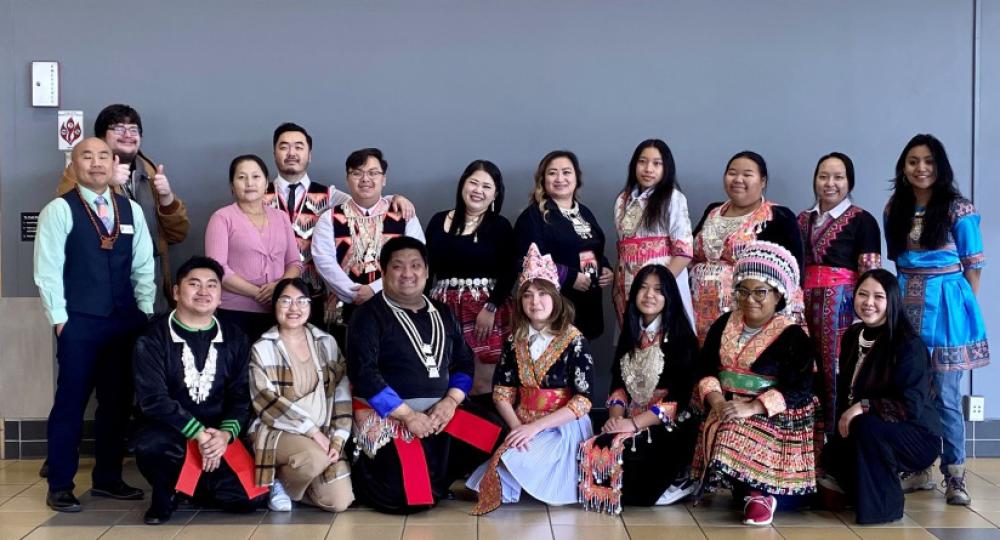
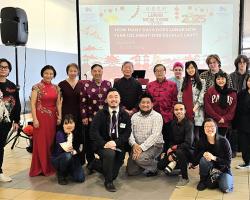
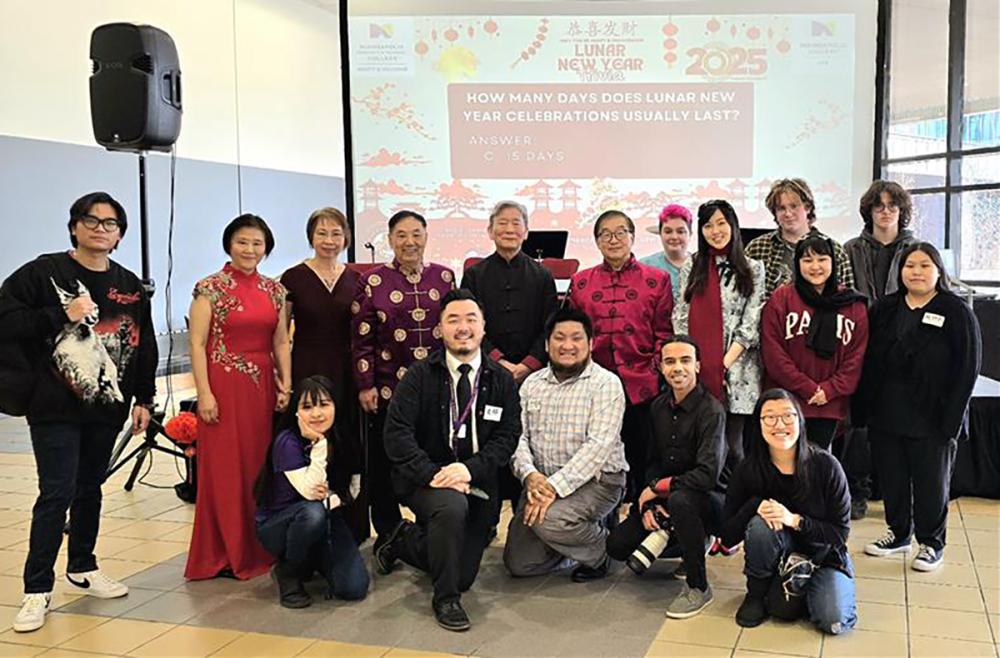
APIDA Community and Empowerment (ACE) Program Center
- The ACE Center is available for students to meet one another, study, and participate in study skills workshops. Students have access to computers and printing. The ACE Center is dedicated to academic success and community building!
- Stop by the ACE Center for academic work, student connection, and opportunities to learn about resources and support services. All are welcome in this space.
- Contact us to visit the APIDA Community and Empowerment Center, H.1202.
Support Services
Additional resources are available:
- Boynton Student Health Clinic provides healthcare services by medical professionals on campus to all enrolled Minneapolis College students. Most services are provided at no cost to students.
- For information about food pantries, food closets, food banks, soup kitchens, congregate meal locations, food boxes and vouchers, visit foodpantries.org.
- For online mental health resources, call 612-584-0077 or visit Synergy Therapy online or call 612-642-1355.
- Hennepin County provides in-person mental health services.
- The Crisis Text Line offers free help to those who are having a mental health crisis or are contemplating suicide. Just text "MN" to 741741. Services are available 24/7 across Minnesota.
- Call the National Suicide Prevention Line at 1-800-279-TALK (8255).
- Hennepin County residents can call COPE (Community Outreach for Psychiatric Emergencies) 24/7 at 612-596-1223.
APIDA Cultural Club (ACC)
Follow @acc.minneapolis on Instagram to stay updated on what’s going on with Asian Pacific Islander Desi American (APIDA) Cultural Club.
APIDA Cultural Club is run by a board of students.
If you are interested in seeing what student leadership positions are available, please contact club advisors, Peter Yang and Honey Yang.
There is no sign up necessary to attend our weekly meetings. We hope to see you there!
Culturally Relevant Advising
Get academic advising from someone actively part of the APIDA community. We offer advising from an APIDA perspective where topics such as family, work, responsibilities, and mixed status families are taken into consideration.
We will assist you with the following to get you started:
- Choose a major
- Select appropriate college courses and class registration
- Student e-mail /D2L
- Financial aid assistance
- Info on ordering textbooks
- Visa (U-visa /F1 visa) questions
We will continue to work with you in the following areas until you graduate or transfer to a 4-year college:
- Keep you on track toward graduation
- Connect with career and community networking opportunities
- Problem solving
- Academic Advising appointments (Navigate)
- Appeals
- Scholarships
- Bills and payment
- Transfer Pathways
- Auggie Plan questions
- Minnesota Transfer Curriculum (MnTC)
Advocacy and Education Resources
Maintaining and celebrating a strong sense of identity is essential both on campus and in the broader community. These organizations are committed to empowering APIDA individuals to lead successful lives while actively embracing their rights and responsibilities.
- Asian Pacific Americans for Progress: A national network of progressive Asian Americans and allies. APAP count on the support of members and friends to continue the work of advancing progressive ideas.
- CAPI: Community-based social justice organization and a direct implementer of anti-poverty programs to create jobs, housing, food, health education, and youth and senior social services, to promote economic independence, self-advocacy, and determination of 3,000 African and Asian refugees and immigrants, annually.
- Coalition of Asian-American Leaders (CAAL): A leadership network, not a membership organization. That means that they rely on people who want to come together to learn, share and act together. Leadership simply means anyone, regardless of position, who proactively wants to figure out how to grow their knowledge and connections and use their resources to work on issues that matter to the future of Asian Minnesotans.
- Chinese Association of Minnesota: Nonprofit and nonpartisan community organization, working to promote Chinese culture in Minnesota communities.
- Council on Asian-Pacific Minnesotans: Deals primarily with problems unique to non-English speaking immigrants such as access to benefits, affordable housing, and healthcare, and helping prepare Asian-Pacific Minnesotans for the workforce.
- Cultural Society of Filipino Americans: Works to preserve, promote, and share Filipino customs and traditions through a variety of means.
- Hmong American Partnership: Provides services and support to help Hmong and other refugee communities adapt to life in America.
- Japan America Society of Minnesota: Uses programs and interchange to enhance understanding, respect, and cooperation between communities.
- Lao Assistance Center of Minnesota: Works to enhance the quality of life of Minnesota Lao families through increasing self-reliance and youth development, reducing social isolation, and promoting cultural equity.
- MN8: A political home for Southeast Asian Families. Their work centers individuals and families who are most impacted. An organization that envisions building a world that provides individuals and families with the support that they need to heal and thrive intergenerationally.
- Southeast Asia Resource Action Center: Advocates for the interests of Cambodian, Laotian, and Vietnamese Americans.
- Vietnamese Social Services of Minnesota and KAREN and New Refugee Support: Maintains Minnesota Vietnamese cultural identities while working to address basic economic, educational and health needs.
ACE Mission and Vision
“Dedicated to preserving a community among Asian Pacific Islander Desi Americans by promoting cross-cultural experiences and creating a supportive learning environment that leads to education/career success.”
ACE strives to accomplish this by:
- Welcoming all students and supporting recruitment and retention of students for academic success
- Engage in APIDA cultural practices and traditions through events and activities to build a strong community and representation on campus
- Empower students in leadership development and career opportunities through diversified support and resource services.